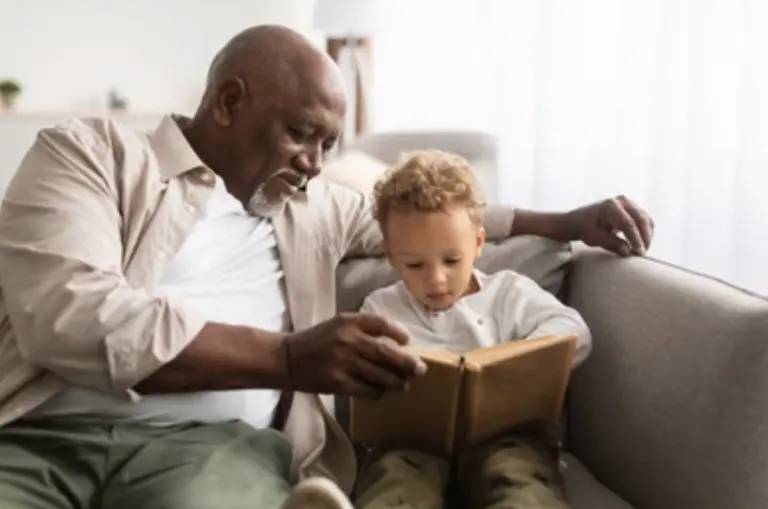By Drew Williams
Sentinel Contributor
Charles Dickens published A Christmas Carol just in time for Christmas of 1843. He wrote it in six weeks, during which he would wander the back streets of London in the early hours “when all the sober people had gone to bed.” In these journeys, fragments of the characters in what he called his “little Christmas book” were scratched out in pencil on a notebook. Later he wrote, “The Cratchits were ever pulling at my coat sleeve. It was as if they were impatient for me to get back to my desk and continue the story of their lives.”
Of Ebenezer Scrooge, Dickens wrote, “External heat and cold had little influence on Scrooge. No warmth could warm him, no wintry weather chill him.” And yet, through the novel his old, cold, frozen heart is gradually thawed out. By the penultimate chapter we find him promising, “I will honor Christmas in my heart and try to keep it all year.”
This is the ending we all want, isn’t it? Dickens’ readers clearly did, and for more than 170 years the book has been read, acted, filmed and scripted many times. Why does this story have such an enduring appeal? Of course, we all like a well-written story with a wonderful happy ending, but I also wonder if Dickens hasn’t tapped into a major spiritual artery here.
While Scrooge’s transformation is rooted in the supernatural, it is also beautifully and painstakingly crafted around some very here-and-now questions. The Ghost of Christmas Past takes Scrooge back to the origin of all his avarice and greed. Abandoned by his parents and growing up in a harsh, loveless environment, Scrooge has taken asylum in business and finance. Rejecting love, marriage, family and friends, his heart has been gradually entombed and sealed in concrete. Nothing gets in and nothing gets out!
The unexpected gift to Scrooge in this haunting is that he is compelled to face his own past, with all its pain and all its unacknowledged regret and loss. And in facing his past so directly, its power over his life immediately wanes. I am not sure that we ever forget our past but wouldn’t it be wonderful if we came to a point in our lives where our past could not hurt us anymore?
The gift of healing that the Ghost of Christmas Present brings is to connect Scrooge with his own present reality and that of others around him. The gift here is that Scrooge is able to live fully in the present—to be released from the tomb and be fully alive in his own life and in the lives of others.
Finally, the Ghost of Christmas Future helps Scrooge to come to grips with his own mortality, and through that confrontation two further gifts are thrust upon him. The first is that Scrooge is forced to see that his choices are causing other people pain and suffering. This, in turn, allows him to discover, for the first time, that his life has tremendous leverage—for good or ill. The second gift is the unexpected joy that comes on Christmas morning when Scrooge realizes that he now has been given a miraculous second chance.
As Dickens wrote this story, he was also compelled to come face-to-face with his own past. As a child, his father’s debts had plunged the whole family into a debtors’ prison. A ten-year-old Charles Dickens had worked alongside the poorest children in a shoe blacking factory. He vowed that, with A Christmas Carol, he would strike a “sledge-hammer” blow for these children, the poor man’s children.
This, of course, is not the first time that a sledgehammer blow was struck for the poor man’s children on Christmas Eve. “And there were shepherds living out in the fields near by, keeping watch over their flocks at night. An angel of the Lord appeared to them, and the glory of the Lord shone around them, and they were terrified. But the angel said to them, ‘Do not be afraid. I bring you good news that will cause great joy for all people.’”
Shepherds were, of course, the poor man’s children of their day. The story into which they were gloriously enfolded that first Christmas night promised them an eternal place at God’s side, free from the pain of their past and now able to know God fully, the God who was present for them in Jesus Christ.
Perhaps the greatest work of the three spirits was to convince Scrooge that for all his wealth, he was the poor man’s child desperately in need of rescue—past, present and future. In finishing the novel, Dickens’ penned this fervent hope: “And it was always said of Scrooge that he knew how to keep Christmas well, if any man alive possessed the knowledge. May that be truly said of us, and all of us! And so, as Tiny Tim observed, ‘God Bless Us, Every One.’ ”
Drew Williams is senior pastor at Trinity Church in Greenwich.





